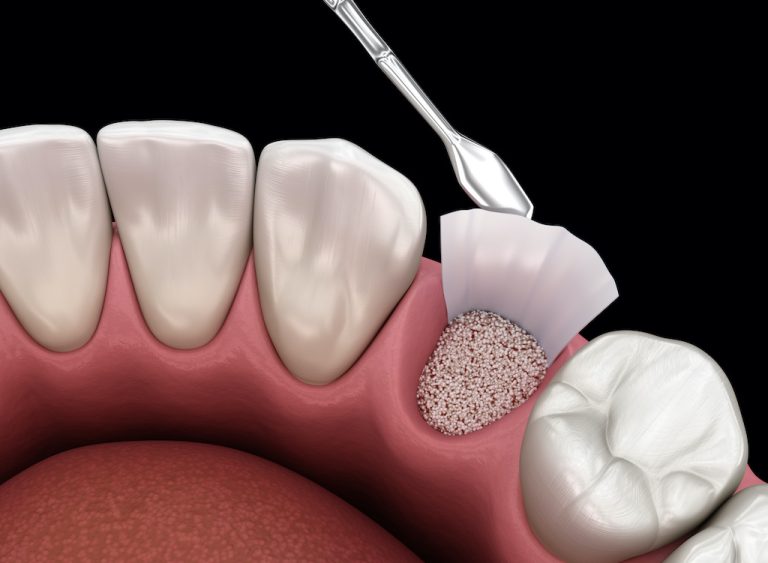Are you going to get bone grafting surgery? Are you sure you are ready for it? If not, then here are some tips for you to prepare yourself for bone grafting from a Cumming, GA pediatric orthodontist.
Understanding the Need for Bone Grafting: Reasons and Benefits
Bone grafting is a procedure used to augment or rebuild bone in the jaw before dental implant placement. Some usual reasons are:
- Tooth loss:
When a tooth is missing, the bone supporting it begins to shrink or weaken over time due to the lack of stimulation that comes from using that tooth for chewing and biting.
- Periodontal disease:
Advanced gum disease can lead to the destruction of the bone and soft tissues around the teeth.
- Dental trauma or injury:
Injuries or accidents can result in bone loss and may necessitate bone grafting before implant placement.
- Congenital conditions:
Some people have congenital diseases that result in reduced jawbone density or structure.
The patient’s oral health can be improved by augmenting the jawbone with a graft.
Do’s and don’ts before grafting surgery:
- Do not eat or drink anything after midnight.
- Wear loose and comfy clothes on the day of treatment; do not worry about fashion for at least one day.
- Relieve yourself in the restroom before the treatment so you can get it done without worrying about it.
- If you wear contact lenses, please remove them. It’s much safer that way. Remove any acrylic fingernails or nail polish.
- Many surgeons are hesitant to perform surgery if you are sick or not feeling well. So, if you are feeling under the weather, you should consider rescheduling your appointment, as it’s best for your mental and physical health.
What should I do after the bone grafting surgery?
After a bone grafting procedure, proper postoperative care is crucial. So, you should follow the given tips for a smooth recovery:
- Take prescribed painkillers as per your need to remain comfortable during the initial days.
- If you are facing swelling problems, apply ice packs wrapped in a cloth to the affected area at 20-minute intervals.
- Eat only soft foods for the first few days following surgery; gradually, you can eat hard food as it gets comfortable.
- Maintain constant oral hygiene by gently brushing and using an antiseptic mouthwash to keep the surgical area clean and free of germs and cavities.
- Prioritize rest and avoid strenuous activities for at least one week after the procedure.
- Do not forget to attend scheduled postoperative appointments with your oral surgeon to ensure proper healing.
Speak to your doctor today!
Talk with your doctor about all your concerns and clear up all your doubts about the upcoming surgery for a safe operation.


Comments are closed.